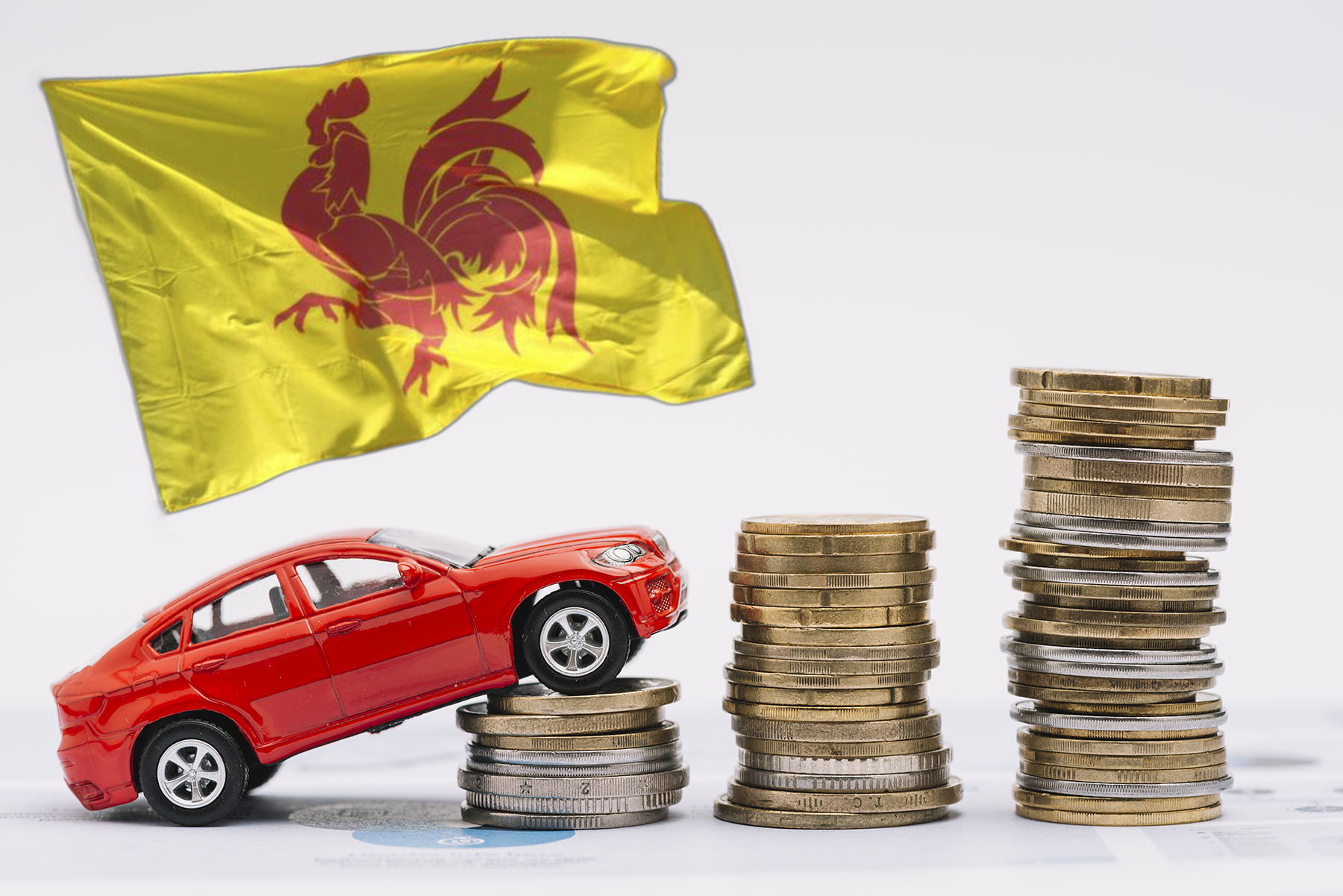
Wallonia finally approves 2025 car tax reform (update)

The future road tax reform, which will tax CO2, power and weight into account, will be voted on this Wednesday. /Freepix / Wallonia
On Wednesday, Wallonia’s road tax reform was voted in the plenary session of the Walloon parliament. Pushed by Mobility Minister Philippe


Comments
Ready to join the conversation?
You must be an active subscriber to leave a comment.
Subscribe Today